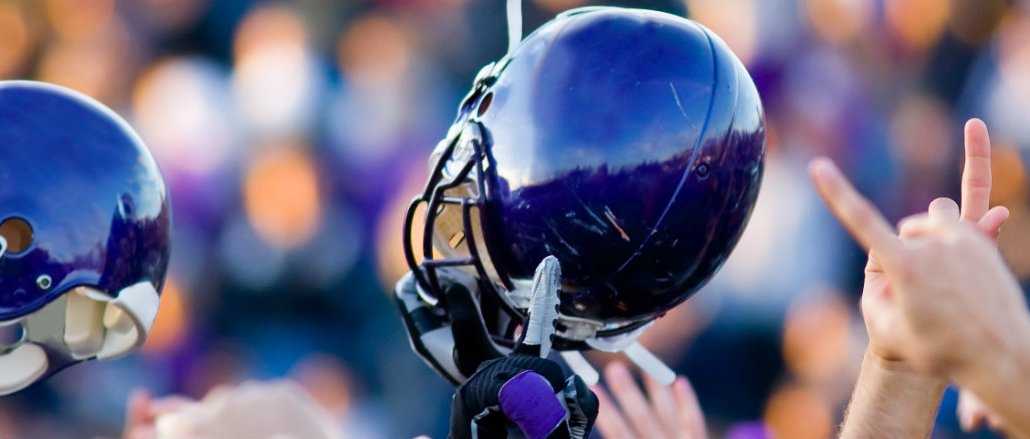Secure your place at the Digiday Media Buying Summit in Nashville, March 2-4

Call it GIFmageddon if you must. Twitter’s GIF takedown may have targeted just SBNation and Deadspin, but it’s likely to force every sports site to think twice before using Twitter to post clips of big games.
Twitter suspended the high-profile accounts for a few hours after multiple copyright claims from the NFL, Big 12 and Southeastern Conference Sports, which said that the sites’ GIF usage ran afoul of copyright law.
“It’s obvious that the legal enforcement is not the actual end here. It’s all a scare tactic to get people in line,” said David Katz, CEO of sports site ThePostGame. “This kind of thing sends a message, but I’m not sure it’s a long-term solution.”
Sports sites have long been drawn to GIFs and, increasingly, to Vine videos to capture and share key in-game moments. GIFs, in particular, are both easy to make, short and sharable, which explains their ubiquity on Facebook and Twitter, both of which are becoming video-first platforms. And while many GIFs arguably err on the wrong side of copyright law, they’re unevenly policed.
Deadspin, in particular, isn’t new to takedown requests for GIFs. Former Deadspin editor-in-chief Tommy Craggs said last year that the site got at least one NFL takedown request a week during the football seasons, but that didn’t cause Deadspin to overhaul how it handled the matter. Tim Marchman, Deadspin’s current editor, declined to comment on how Twitter’s takedown will affect the site’s GIF usage down the line.
While the suspensions of the sports sites’ accounts rankled many observers, the move was in line with Twitter’s terms of service, which says that the company reserves the right to remove “content alleged to be infringing without prior notice, at our sole discretion.” Likewise, if a “user is determined to be a repeat infringer,” Twitter also reserves the right to terminate that person’s account, the company said.
Other publishers say they won’t let Twitter’s takedowns scare them off.
“We don’t see any significant change in the landscape,” said Benjie Levy, president of sports app maker theScore. “News outlets that are actively posting content to social media will continue to provide the most relevant and engaging content for their audience within the boundaries of fair use.”
Publishers have long used the vague idea of “fair use” to defend their use of sports highlight GIFs, which they claim are fair game if the clips are short and don’t substitute for watching the games they’re drawn from. The problem is that fair use is still murky on the Web, particularly with GIFs, which is why there are so many opinions on whether Deadspin’s and SBNation’s Twitter tactics are legally defensible. ThePost’sGame’s Katz said that the legality of reposting sports-highlight GIFs has always been “legally gray,” which is why ThePostGame has avoided using them both on Twitter and its own sites.
Twitter’s crusade against sports GIFs comes as the site continues to cozy up to sports leagues, particularly the NFL. In August, the NFL signed a deal that will bring more football highlights to Twitter over the next two years. Twitter is also selling ads against the NFL clips, which raises the stakes for how it handles unauthorized reproductions on its platform.
“A lot of this feels like Twitter trying to protect elements of its partnerships,” said one publishing executive, who declined to speak on the record.
More in Media

From feeds to streets: How mega influencer Haley Baylee is diversifying beyond platform algorithms
Kalil is partnering with LinkNYC to take her social media content into the real world and the streets of NYC.

‘A brand trip’: How the creator economy showed up at this year’s Super Bowl
Super Bowl 2026 had more on-the-ground brand activations and creator participation than ever, showcasing how it’s become a massive IRL moment for the creator economy.

Media Briefing: Turning scraped content into paid assets — Amazon and Microsoft build AI marketplaces
Amazon plans an AI content marketplace to join Microsoft’s efforts and pay publishers — but it relies on AI com stop scraping for free.





